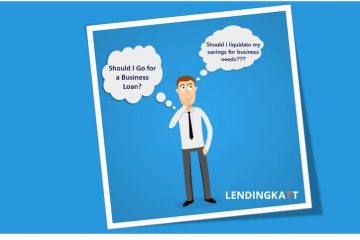How To Get A Mortgage With No Income Verification For Companies And Self Employed Borrowers

Obtaining a commercial real estate loan approval, especially from traditional financial lenders, may be challenging if you are self-employed, a new corporation or entity, or simply took a loss on your personal or business taxes. It sometimes seems like traditional lenders have an unspoken bias against seasonal workers, businesses, and new entities with less than two years in operation.
A mortgage with no income verification is one option, though, for this problem. Let’s first discuss this mortgage in more detail. After that, we’ll discuss who needs this financial product—property owners, corporations, businesses, and small- to medium-sized real estate investors—as well as the various considerations you should make before applying for a no-income-verification mortgage in Florida and across the rest of the continental United States.
Navigating the no-income verification commercial lending landscape
Paystubs, 1099s, K-1s, tax transcripts, and other documents pertaining to personal or business-related income will not be required by a lender for a low- or no-income doc commercial loan. A commercial mortgage lender typically provides this financial product to borrowers who are turned down by banks and other traditional lenders. These borrowers are typically turned down due to large tax losses, a low taxable income, negative income, difficult-to-verify income, or fluctuating income.
These issues affect the business and self-employed class, which has an unstable income but good credit. But those who want to get a commercial loan without having to prove their income must put down a little more money—specifically,, a substantial deposit through personal savings or equity in security typically 25-30% of the appraised value.
Who is in need of this loan?
The stringent requirements of a traditional lender can be challenging for some groups to meet. These groups include:
- New businesses
- Contracted personal
- Corporations or entities declaring a negative taxable income or larger losses than gains
- Self-employed
- Unemployed
- Seasonal workers
- New immigrants
What should be considered before applying for this loan?
Slightly higher interest rates but competitive enough to allow your investment to create a positive cash flow on your investment
This makes it simpler to qualify for a no- or low-doc mortgage, which typically has slightly higher interest rates but only requires asset-based income and other relevant commercial real estate property documents. The interest rates of a no income verification loan primarily depend on the lenders and your credit worthiness. A few lenders provide loans at interest rates that are below what an investor would typically pay to secure a real estate investment loan.
Slightly larger deposits
A deposit of between 25 and 30 percent is typically required by all commercial lending institutions, though some lenders may have lower requirements.













